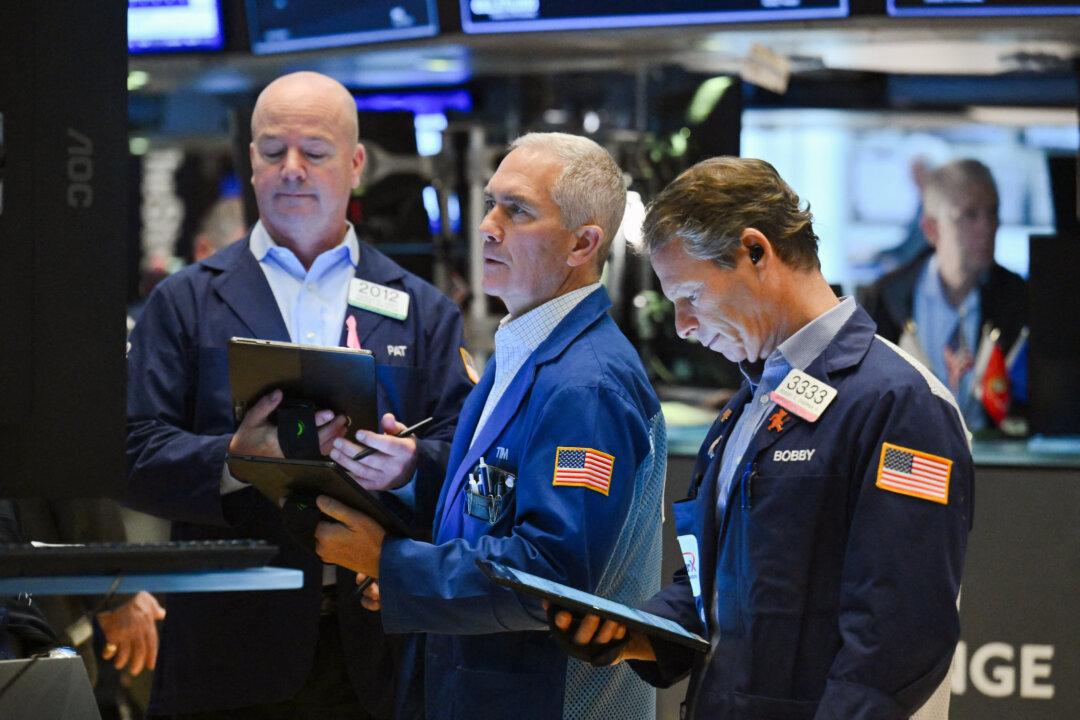Three key U.S. economic indicators declined in April, signifying lower confidence among Americans about future business and job conditions as well as suggesting a potential risk of recession.
The Conference Board Consumer Confidence Index fell for the third straight month in April. The Present Situation Index, which measures consumers’ assessment of current business and labor market conditions, also declined. The Expectations Index, measuring consumers’ short-term outlook for income, business, and labor market conditions, decreased to 66.4. An Expectations Index reading less than 80 often signals a potential recession. “Confidence retreated further in April, reaching its lowest level since July 2022,” said Dana M. Peterson, chief economist at The Conference Board.





